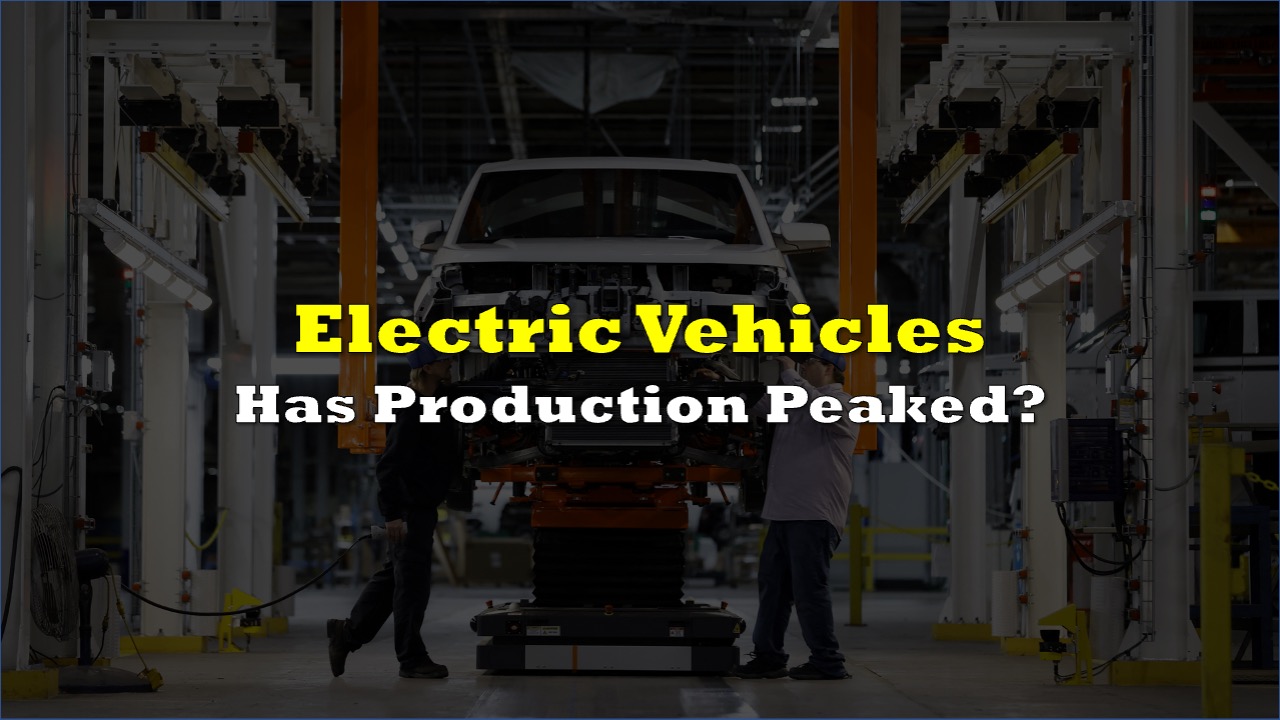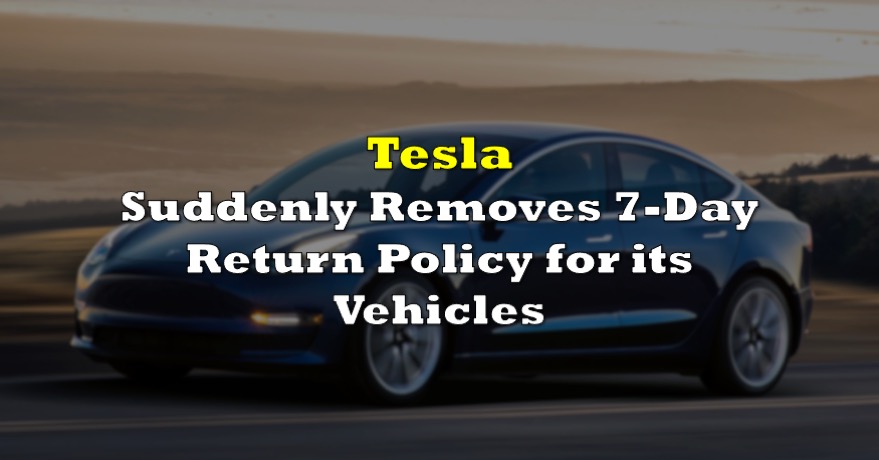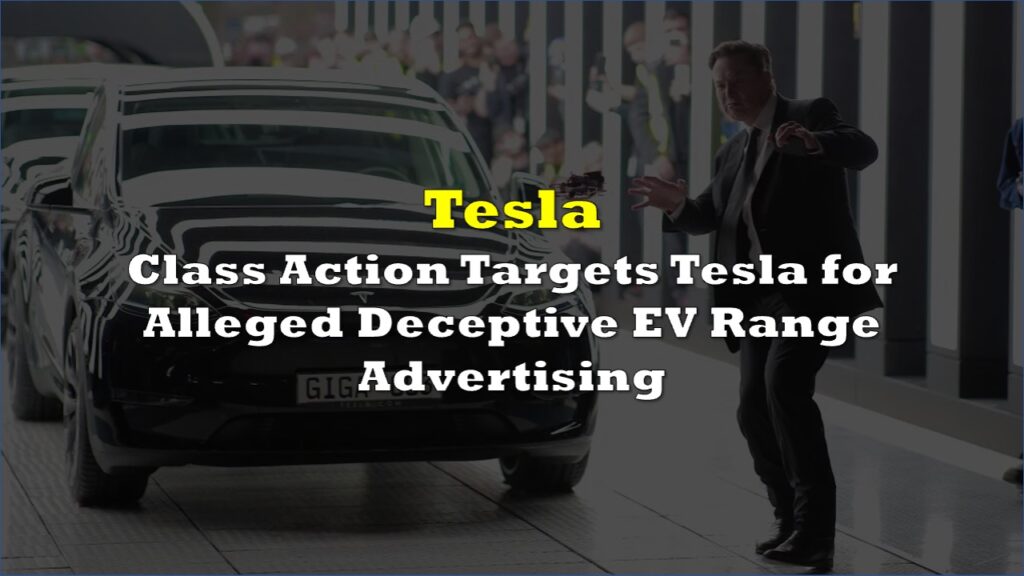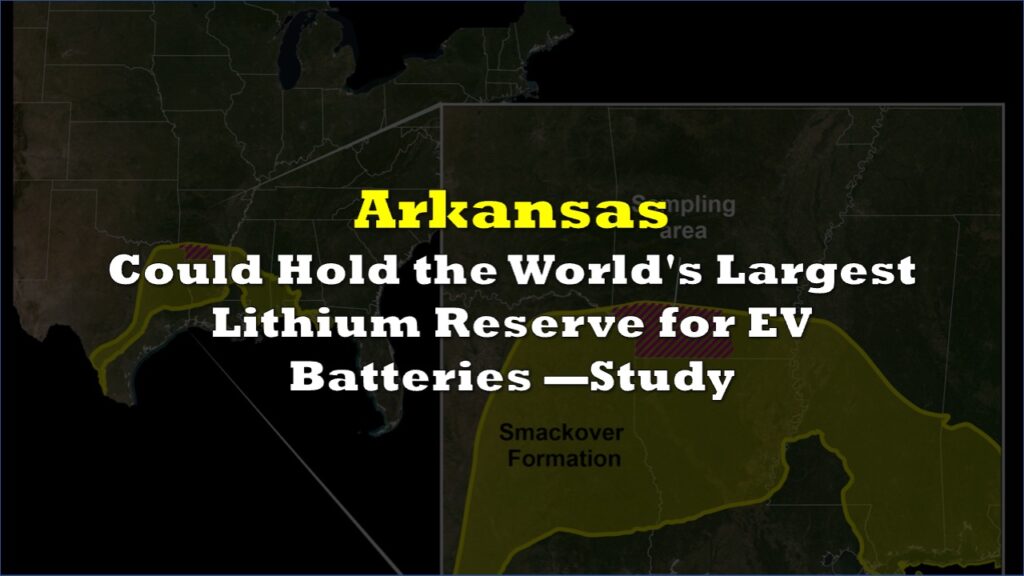Electric vehicle (EV) sales growth in the United States has hit a roadblock as automakers face challenges related to sluggish demand.
General Motors (NYSE: GM) recently delayed its EV pickup production, while Honda canceled a deal with GM to manufacture affordable EVs. Ford (NYSE: F), on the other hand, has pushed back $12 billion in EV spending, reduced Mustang Mach-E production, and delayed one of its planned battery plants.
Even Tesla (Nasdaq: TSLA), a dedicated EV manufacturer, experienced its slowest revenue growth in over three years in the third quarter.
Related: Tesla Hit By First Strikes In Company History
Mercedes-Benz dealers are grappling with an excess of slow-selling EVs, which took an average of 82 days to sell in September. Nationally, dealers had a 97-day supply of EVs (excluding Tesla and Rivian), compared to 57 days for traditional internal combustion engine vehicles.
S&P Global Mobility data revealed that in September, battery-electric vehicles accounted for 7.7% of US light-vehicle sales, a slight decline from the previous month’s 7.8%. Industry insiders estimate this share will drop to 7.5% in October.
The primary issue affecting EV sales is sluggish demand, attributed to range anxiety and high costs, with the latter being the biggest roadblock. Early adopters have embraced EVs, but the average consumer is hesitant to pay a premium for an EV with limited range. Dealerships are accumulating high inventories of EVs, making automakers reassess their EV launch schedules.
EV adoption has peaked. I looked at these charts after $F delayed $12bn of EV capex last week, while $GM & $TM followed to lesser extents days later.
— Motorhead (@BradMunchen) November 5, 2023
China has the strictest BEV adoption rules in the world & look at this: Hybrids are eating up BEV share.
1/2 pic.twitter.com/c4ULW5dtjI
Analysts anticipate that the transition to EVs will continue, but exponential growth will taper off in the coming year. The data suggests that a market meltdown is not imminent — EV sales continue to grow, albeit at a slower pace. Kelley Blue Book’s research indicates that EV sales increased by only 6% sequentially in the third quarter, following a robust 14% jump in the prior three months.
In the US, EV sales have risen by nearly 50% in the first nine months of the year compared to the previous year. Notably, California, a prominent EV market, has seen the market share of battery-powered cars more than double in just two years.
However, the market is shifting from early adopters who were willing to pay a premium to practical consumers seeking affordability. Challenges persist, including the relatively high transaction prices of EVs, the unreliability of public charging infrastructure, and the additional cost of home charger installation.
“Anytime there is new tech, the adoption is hard,” according to Stephanie Valdez Streaty, director of industry insights at Cox.
Despite these obstacles, automakers are expected to maintain their electrification goals.
Information for this story was found via Fortune, Autonews, X, and the sources and companies mentioned. The author has no securities or affiliations related to the organizations discussed. Not a recommendation to buy or sell. Always do additional research and consult a professional before purchasing a security. The author holds no licenses.









